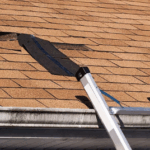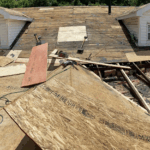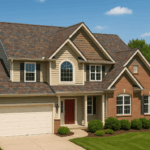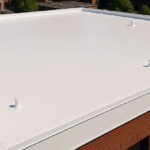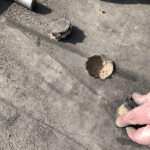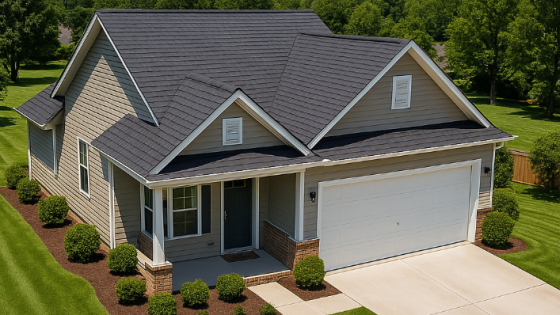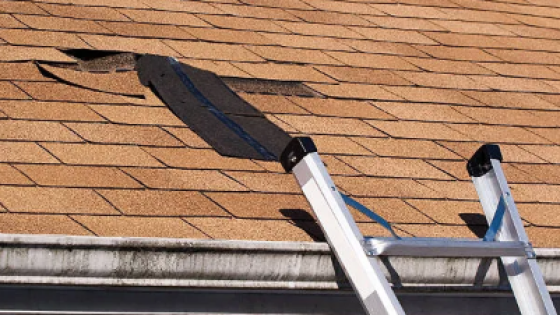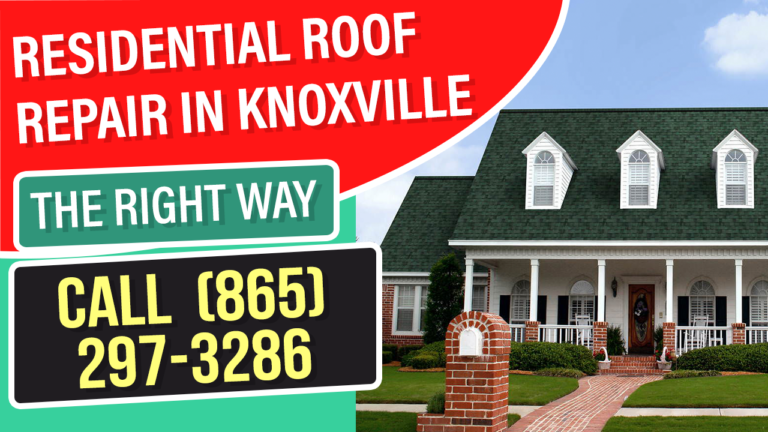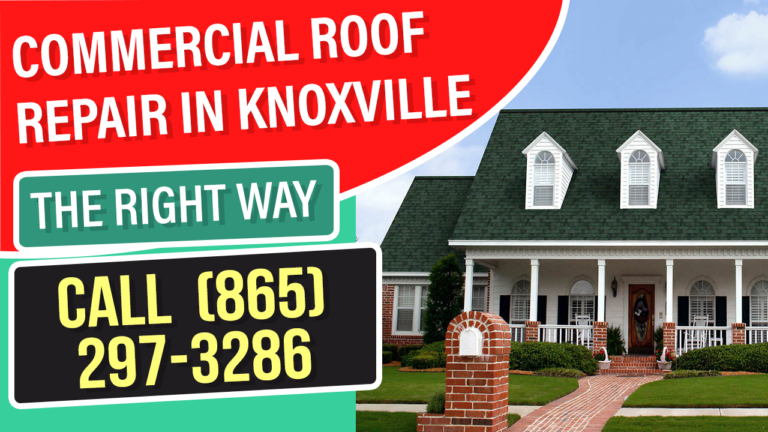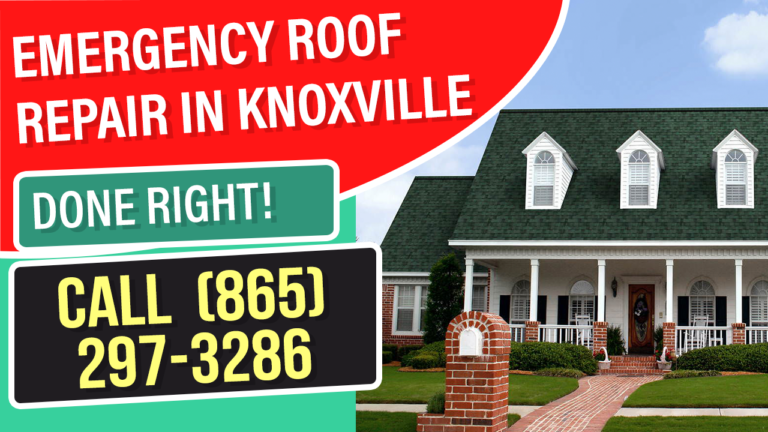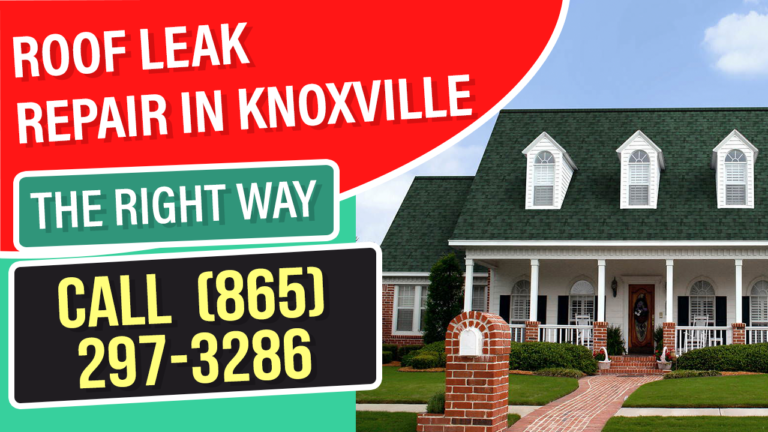As concerns about climate change and energy efficiency grow, more homeowners and businesses are seeking ways to reduce their carbon footprint and save on utility costs.
One of the most significant areas where energy savings can be made is through the roof. But are there roofs that qualify for Energy Star programs?
The answer is a resounding yes, and in this article, we’ll explore how Energy Star-certified roofing systems work, their benefits, and how a Knoxville, TN-based roofing company can help you make an eco-friendly choice.
Key Takeaways
💡Energy Star-Certified Roofs Reduce Cooling Costs
💡Multiple Roofing Materials Qualify for Energy Star Certification
💡Environmental Benefits and Government Incentives Make Energy Star Roofs Even More Attractive
💡Choosing the Right Roofing Contractor is Essential
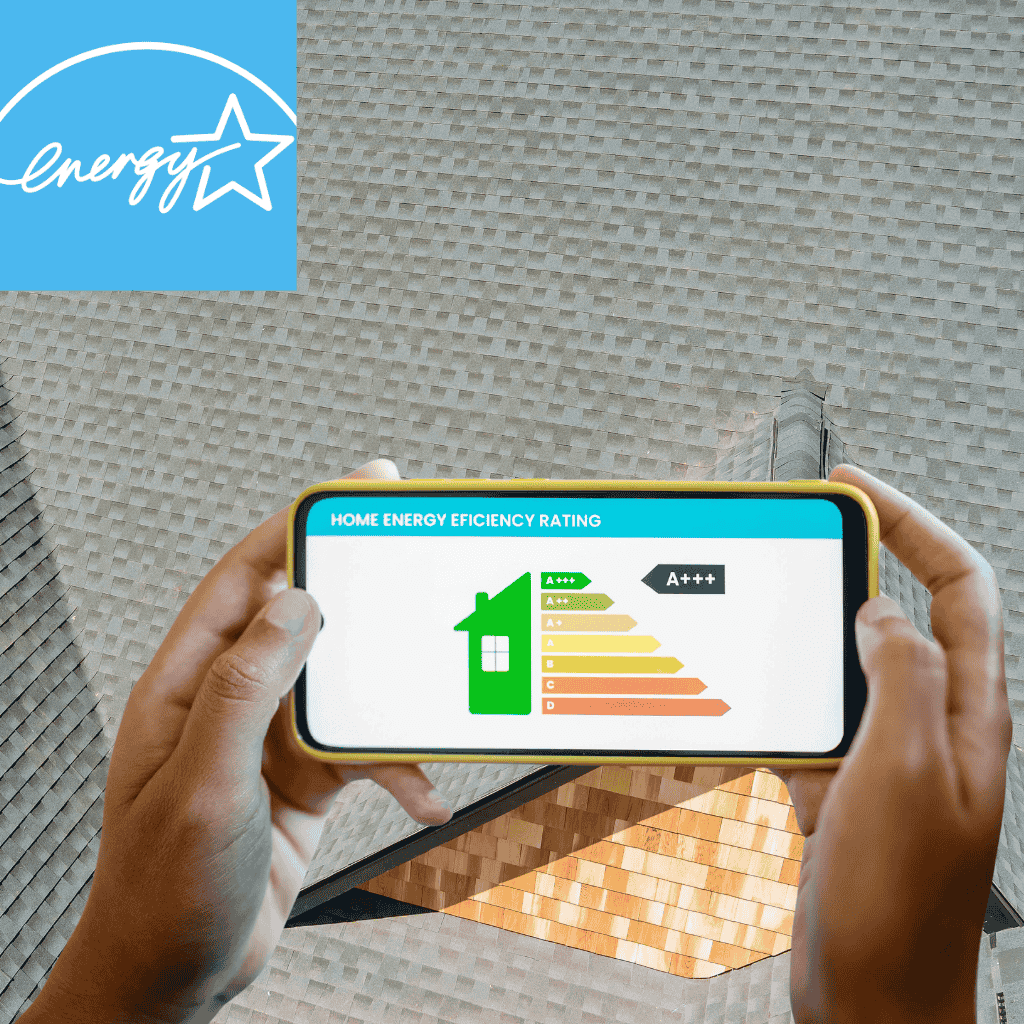
What Is Energy Star Certification for Roofs?
The Energy Star program, launched by the U.S. Environmental Protection Agency (EPA), focuses on helping consumers and businesses save money while protecting the environment through superior energy efficiency. Roofs that carry the Energy Star certification are designed to reflect more sunlight and absorb less heat than standard roofing materials. This reduces the temperature of the roof and lessens the strain on air conditioning systems, ultimately lowering energy costs and greenhouse gas emissions.
Key Features of Energy Star Certified Roofs:
– Reflectivity: These roofs reflect more solar radiation, reducing heat buildup.
– Energy Efficiency: Can lower roof surface temperature by up to 50°F (10°C), reducing cooling needs.
– Durability: Often built from long-lasting, high-performance materials.
– Environmental Impact: Helps reduce carbon footprints and utility bills.
The Roofing Materials That Qualify for Energy Star Certification
When considering roofing options for your Knoxville home or business, it’s essential to understand which materials can carry the Energy Star label. These include:
– Metal Roofing: Highly reflective and durable, Energy Star-certified metal roofs are becoming more popular in residential and commercial applications. Metal roofs reflect the sun’s rays, keeping homes cooler and extending the roof’s life.
– Asphalt Shingles: Many Energy Star-certified asphalt shingles feature cooling granules that reduce the roof’s heat absorption. This type of roofing material is one of the most cost-effective solutions for homeowners.
– Tile Roofing: Tile roofing, particularly when coated with special reflective surfaces, is another energy-efficient option. It offers excellent insulation and reduces heat absorption.
– Coated Roof Products: These include coatings that can be applied over existing roofs to increase reflectivity and meet Energy Star standards.
| Roof Material | Average Lifespan | Energy Star Certified? | Reflectivity |
|---|---|---|---|
| Metal Roofing | 40-70 years | Yes | 70-90% |
| Asphalt Shingles | 15-30 years | Yes (when coated) | 25-40% |
| Tile Roofing | 50+ years | Yes (when coated) | 30-70% |
| Coated Roof Products | Varies by substrate | Yes | 60-90% |
Why Choose Energy Star Certified Roofing?
Opting for an Energy Star-certified roof can bring numerous advantages to homeowners, particularly in a climate like Knoxville’s, where summers are hot and humid. Here’s why you should consider upgrading your roof to an energy-efficient model:
1. Significant Energy Savings
According to the EPA, Energy Star-certified roofs can lower roof temperatures by up to 50°F. This means less work for your HVAC system and reduced energy bills. For example, homes in the Southern U.S. can save up to 15% on cooling costs with reflective roofing materials.
2. Environmental Benefits
With Energy Star roofing, you’re not just saving money, you’re helping the planet. By reducing the demand for electricity, you decrease the amount of pollution generated by power plants. Lower energy consumption also cuts down on greenhouse gas emissions, contributing to a more sustainable future.
3. Extended Roof Life
Reflective roofing materials reduce the amount of thermal shock that occurs when a roof heats up and cools down rapidly. This helps extend the lifespan of your roof, reducing the need for frequent repairs or replacements.
4. Rebates and Tax Credits
Installing an Energy Star-certified roof may make you eligible for various rebates and incentives. The federal government has offered tax credits in the past for energy-efficient home improvements, and local utilities in Knoxville might provide rebates for installing reflective roofing materials.
Knoxville's Climate and Energy Star Roofs: The Perfect Match
Knoxville’s humid subtropical climate makes it an ideal location for Energy Star-certified roofs.
Summers in Knoxville often feature high temperatures, with averages peaking in the upper 80s to low 90s Fahrenheit.
Roofs that can reflect heat and keep indoor temperatures lower are especially valuable in this type of climate.
Energy Star roofs can help combat the oppressive summer heat, improving comfort inside homes and businesses while minimizing energy use.
Pros and Cons of Energy Star Roofing
| Pros | Cons |
|---|---|
| Substantial energy savings | Initial cost of Energy Star materials is higher |
| Potential tax rebates and utility incentives | Some materials may require professional installation |
| Reduces carbon footprint and energy use | Certain products may have limited design options |
| Extends roof lifespan | Not all contractors specialize in Energy Star systems |
Knoxville Roofing Companies and Energy Star Installations
Many Knoxville-based roofing companies are familiar with Energy Star programs and offer Energy Star-certified roof installations. A roofing company with expertise in energy-efficient roofs can guide you through the selection process, ensuring you choose the best material for your home’s aesthetic, budget, and energy-saving goals. As this movement grows, more homeowners in Knoxville are embracing the cost-saving benefits of these energy-efficient roofing systems.
Energy Star Roofing: Stats You Need to Know
Let’s take a closer look at some statistics and facts that show the importance of energy-efficient roofs, particularly in warm climates like Knoxville:
– Energy Savings: Energy Star-certified roofing materials can reflect up to 65% of the sun’s rays, reducing peak cooling demands by 10-15%.
– Longevity: Roofs that reduce heat absorption can extend their lifespan by up to 10 years.
– Heat Island Effect: Energy Star roofs also help reduce the urban heat island effect, a phenomenon where urban areas are significantly warmer than their rural surroundings due to human activities.
What to Look for in a Roofing Contractor
When choosing a roofing company in Knoxville to install an Energy Star-certified roof, it’s essential to ask about their experience with energy-efficient installations. Look for:
– Certification and Licensing: Ensure that the contractor is licensed, insured, and certified to install Energy Star products.
– Knowledge of Local Incentives: A good contractor will be up-to-date on any local, state, or federal incentives for energy-efficient home improvements.
– Product Warranties: Make sure that the roofing products they recommend come with substantial warranties.
FAQs About Energy Star Roofs
Yes, Energy Star-certified roofs can significantly reduce energy costs, extend the life of your roof, and provide environmental benefits through reduced energy consumption.
In some cases, Energy Star roofing systems can be installed over existing roofs. However, this depends on local building codes and the condition of the current roof.
Savings depend on factors like your local climate and the specific roofing materials used. Homeowners in warmer climates like Knoxville can save up to 15% on cooling costs.
Yes, Energy Star-certified roofing materials are available in a variety of styles, including metal, asphalt shingles, and tiles.
Yes, you may be eligible for tax credits, rebates, or other financial incentives for installing energy-efficient roofing systems.
No, Energy Star roofs do not require special maintenance beyond what is recommended for traditional roofing systems.
Yes, many commercial buildings use Energy Star-certified roofing materials to save on energy costs and reduce environmental impact.
Look for contractors with experience in installing energy-efficient roofs and certifications from Energy Star or relevant industry organizations.
Energy Star-certified roofs can last as long as traditional roofs, but their reflective properties may extend their lifespan by reducing thermal wear.
Yes, energy-efficient home improvements, including Energy Star roofs, can increase property values by making homes more attractive to eco-conscious buyers.
Energy Star-Certified Roofs
Choosing an Energy Star-certified roof is a smart investment for Knoxville homeowners who want to save on energy bills, reduce their carbon footprint, and potentially increase their home’s resale value. Whether you opt for metal, asphalt shingles, or tile, there’s an Energy Star-certified product that will suit your home and budget. Be sure to consult with a trusted Knoxville roofing company to ensure a smooth installation process and to take advantage of any available financial incentives.
If you’re ready to make the switch to a more energy-efficient roof, contact a local Knoxville roofing contractor today and start saving both energy and money.



